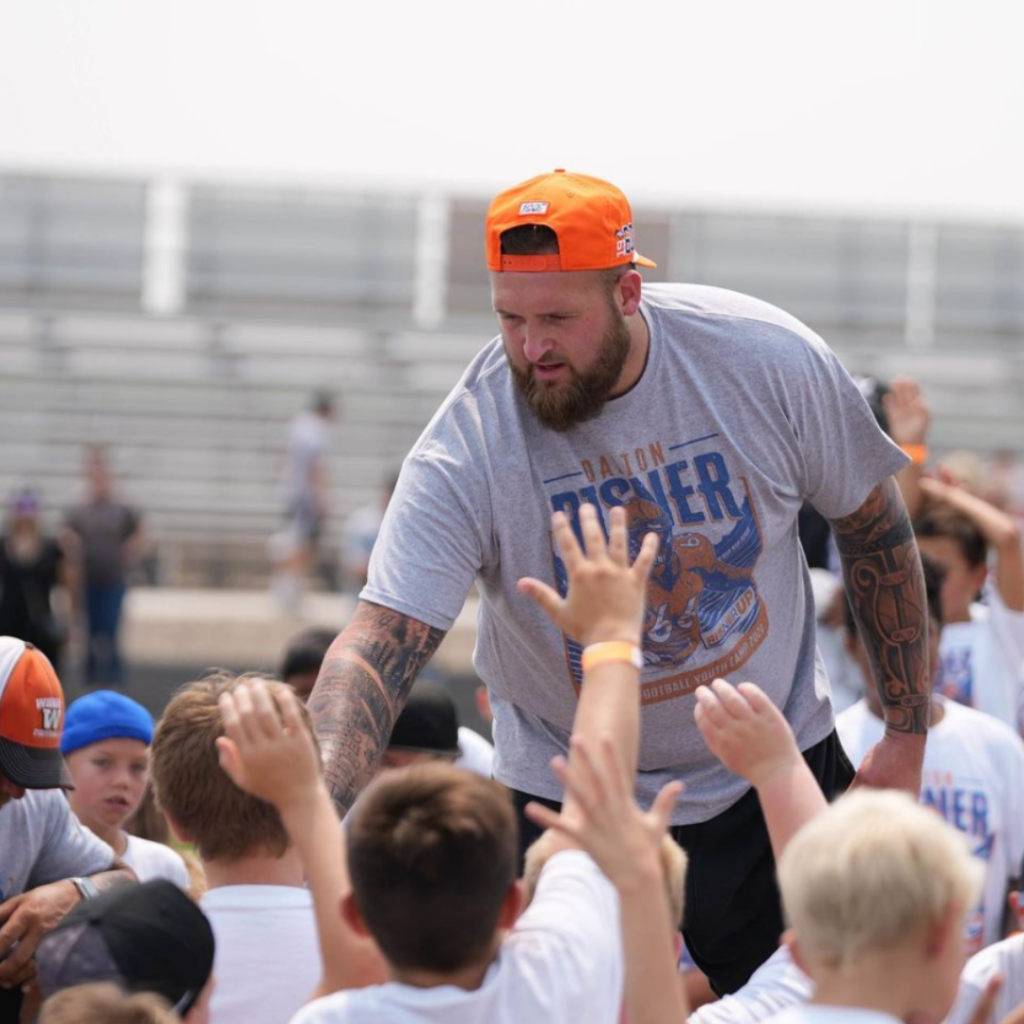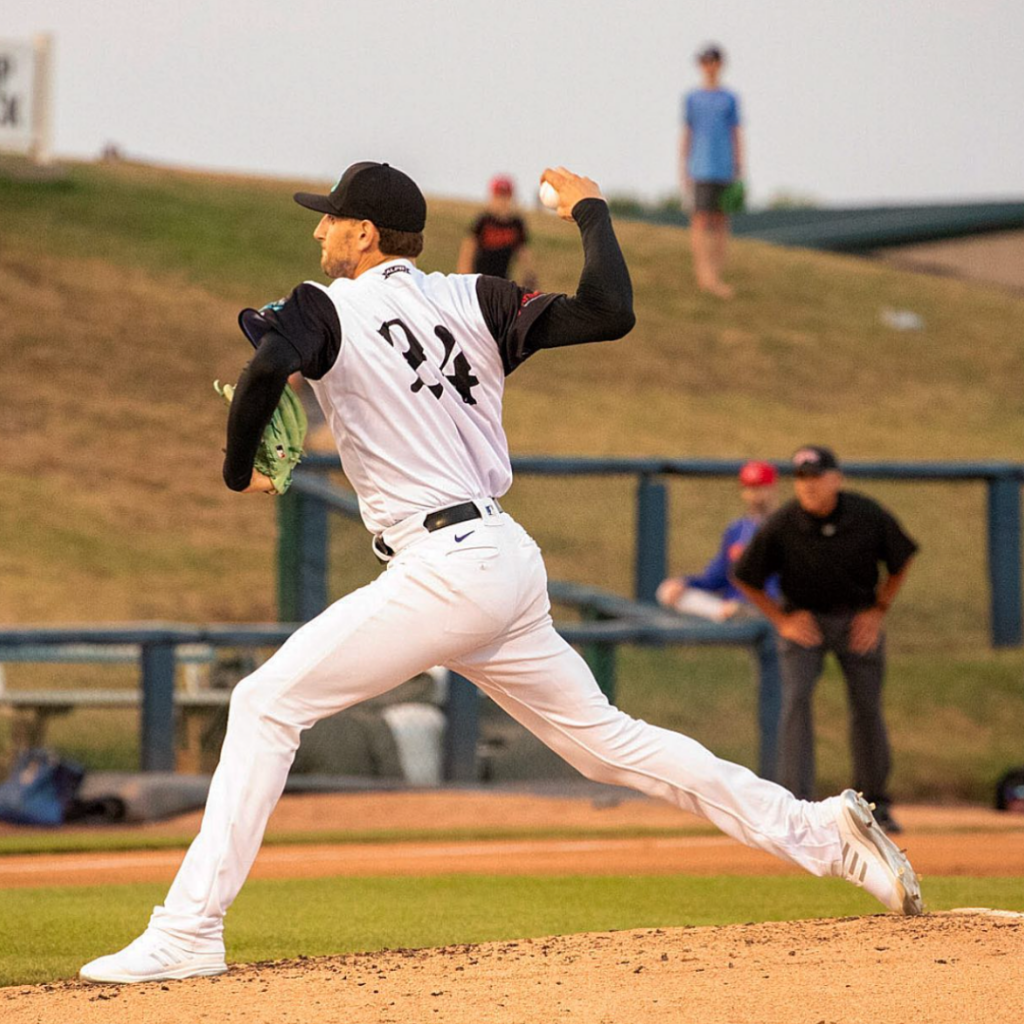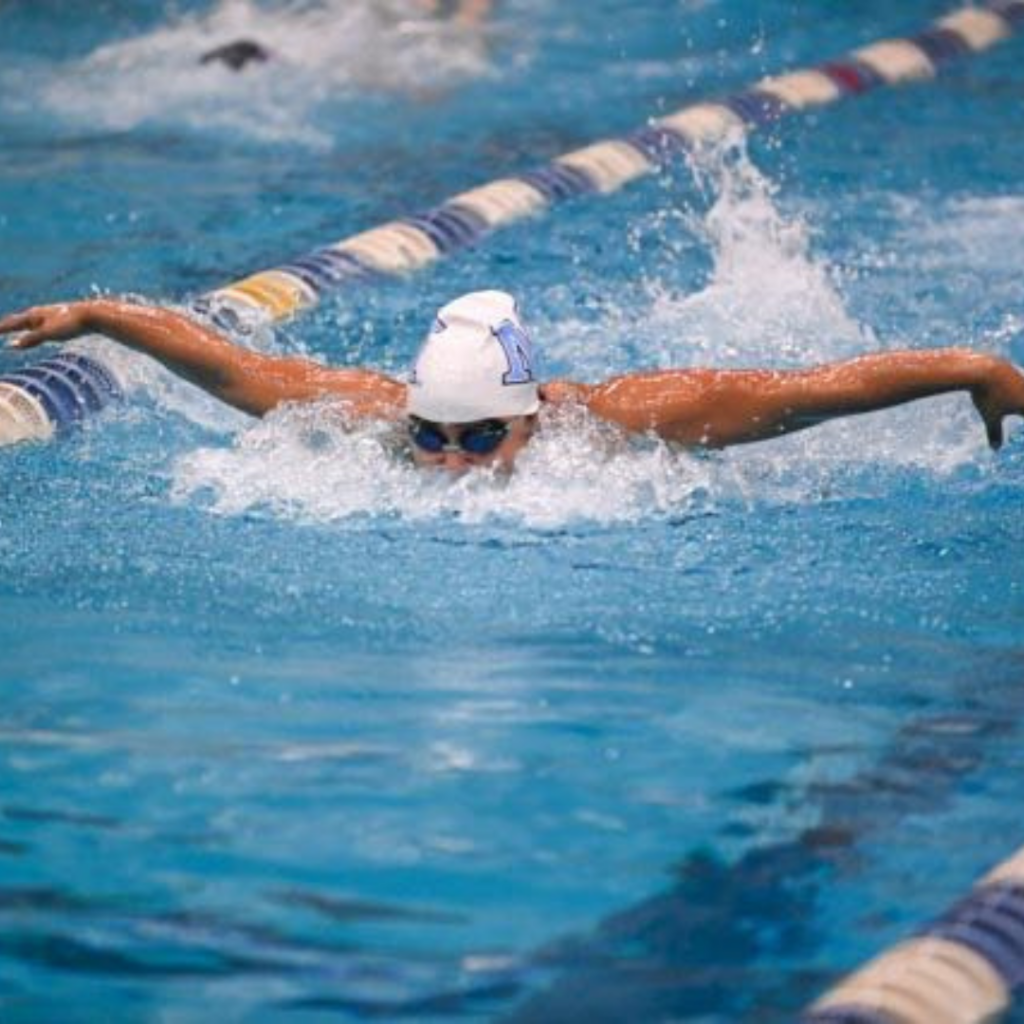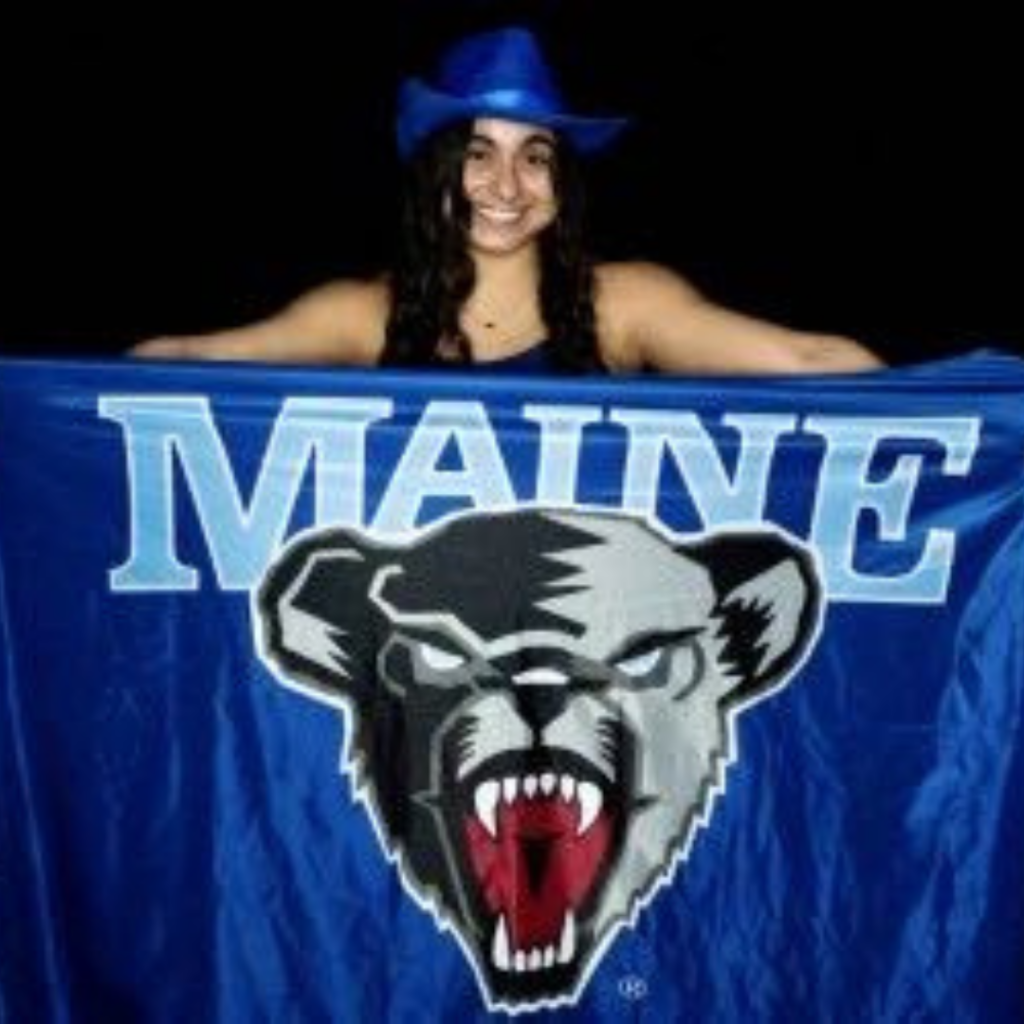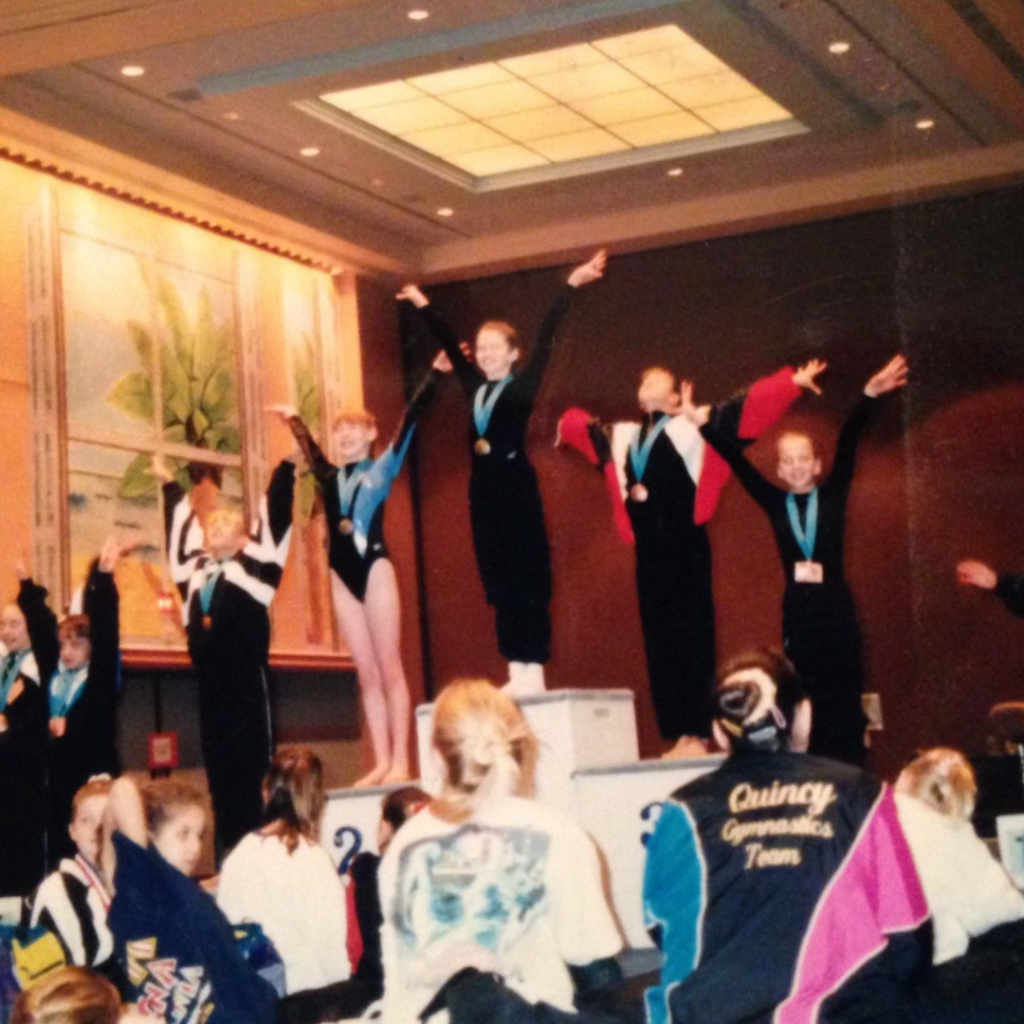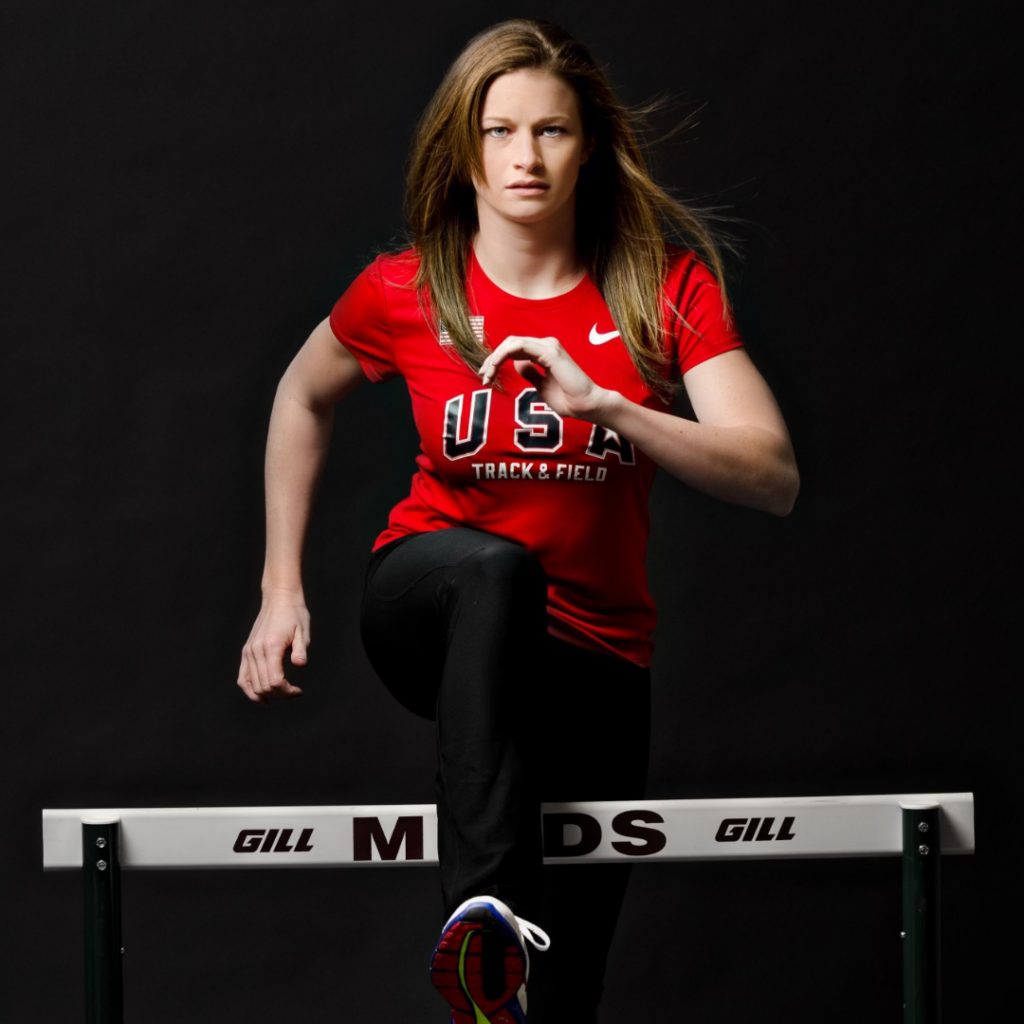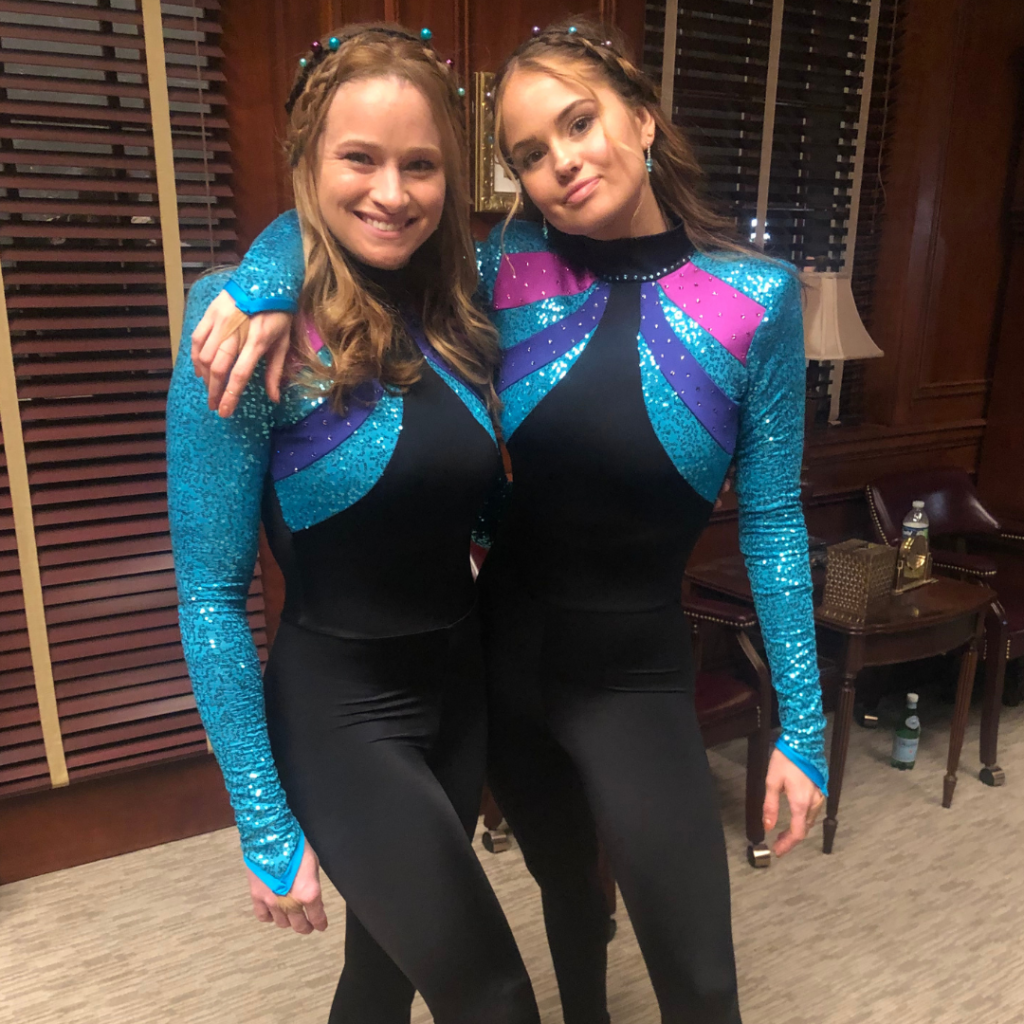From Small Town To Big Impact
On September 18, the Minnesota Vikings agreed to terms with NFL veteran offensive lineman Dalton Risner. The four-year Denver Broncos starter and 2022-23 Walter Payton Man of the Year nominee may bring on-the-field expertise to Minnesota, but he also brings years of charitable service and leadership to the Vikings community.
Risner’s foundation, RisnerUp, is a reflection of who Dalton is as a person, kind and passionate about helping others. Whether it is bringing a simple smile or helping someone find a new pathway in life, Risner offers many people a helping hand each year.
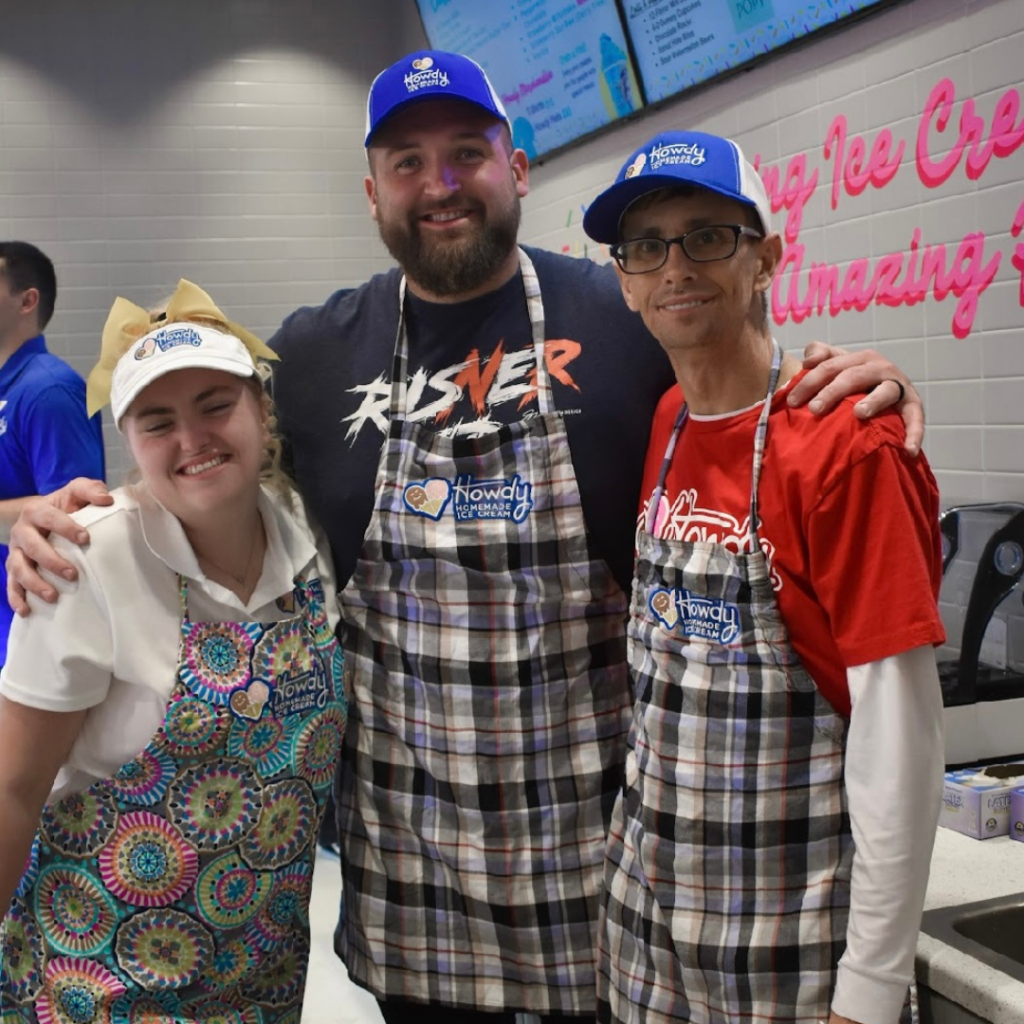
“We may not be stopping world hunger but we are making a positive impact one day at a time without turning down opportunities to do more,” Risner said.
Dalton grew up in a small rural town with less than 1,000 people. He went on to play Division I football at Kansas State and was eventually drafted by the Colorado team he always dreamed of playing for, the Denver Broncos.
The offensive lineman had to defeat many odds in his journey, but he realized his true definition of success while in college.
“The countless humanitarian awards in my time at Kansas State reflected my true meaning of success,” Risner said. “Which is positively impacting & empowering those around me.”
Risner has continued to showcase his faith in the world and finds ultimate fulfillment in others’ joy. Once he realized he had a platform, Risner did everything in his power to expand his reach and support as much as he could.
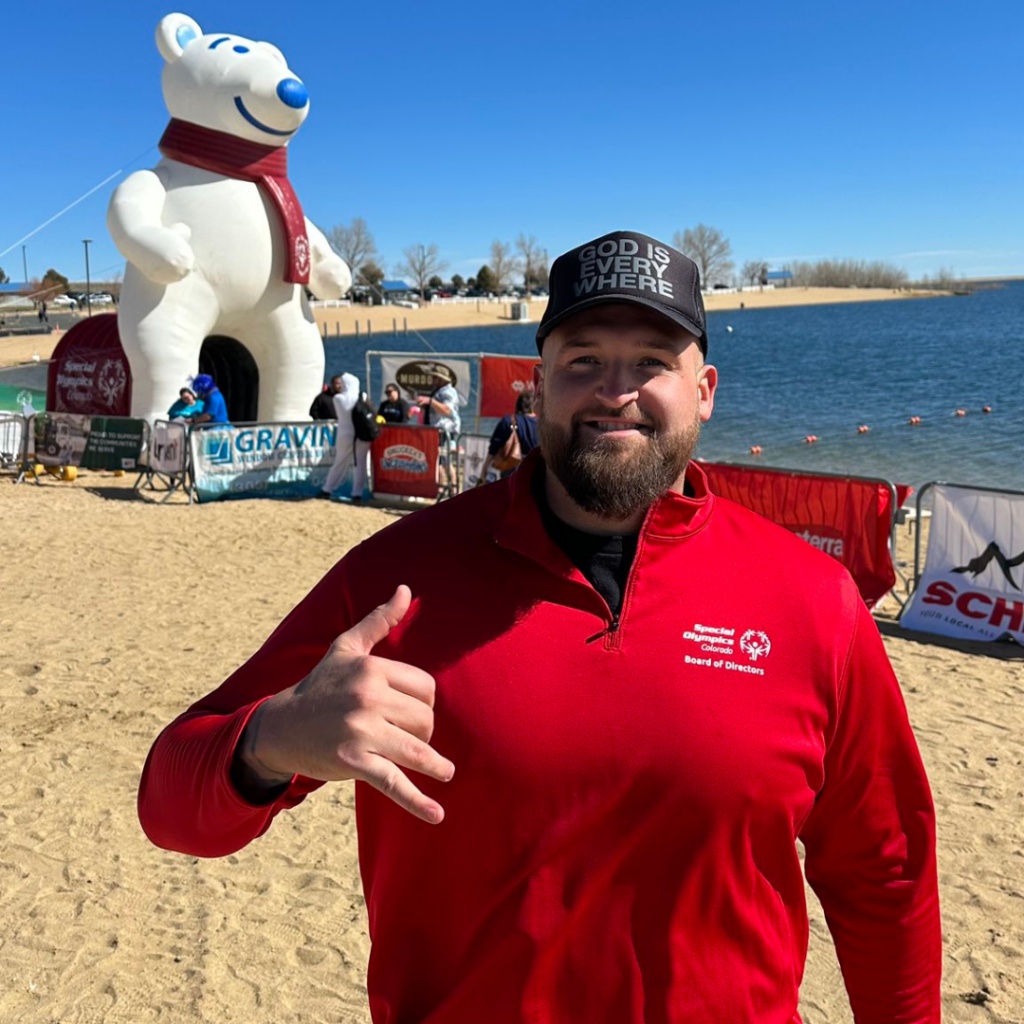
The small-town football player quickly became a notable figure in the philanthropy space and sacrificed lots of time to help those in need.
“When I started figuring out who I was, what made me happy, what filled my cup every day, is when I started to utilize my platform for the greater good,” Risner said. “I started to see the bigger picture and just how many people I could impact & empower in a positive way.”
Now an NFL veteran, Risner has established a better routine in terms of time management and prioritizing his various commitments. He also hopes to help develop those around him into becoming role models as well.

“People look to us in the spotlight for empowerment, guidance, inspiration, courage, and much more,” he said. “Someone’s always watching and we don’t want to let them down.”
From football camps to building houses to serving meals, Risner does not set boundaries to what his foundation can and cannot do. He knows that he simply wants to support communities where he can.
“Giving back, being a mentor, being a light to someone is a big deal,” Risner added.
Whether it is Colorado or Minnesota, this NFL player tries to be a shining light in any situation possible. Dalton Risner is living proof that an NFL schedule, while an obstacle, does not define the amount of effort athletes can put into their charitable work.
A smile can go a long way. Dalton Risner has helped put smiles on hundreds of people, and it is only just the beginning.
“The truth is that in life if something is important enough, we will do it,” he said. “If we need to eat, sleep, brush our teeth, etc. we make time to do it, and we plan ahead to do so. I treat service to others the same way, it’s important to me to be a role model, and show kids like my younger self that you can be a professional and have “made it” or however the world views it, and still be a genuine person that gives to others with time, money & commitment.”
